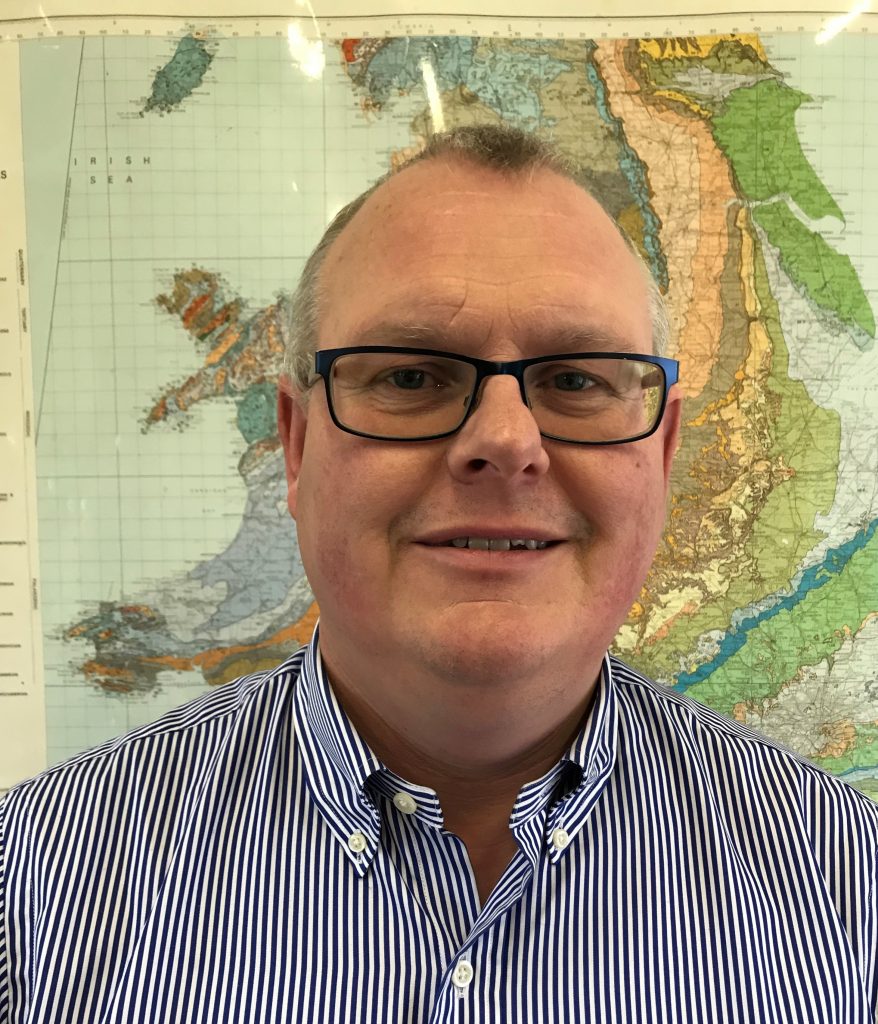
New AGS Chair Julian Lovell discusses the state of the Association, wider industry and his aims and aspirations as the newly elected Chair.
It is a great honour for me to have been voted on as Chair of the AGS during the Annual Conference in April. It also fills me with a little trepidation as I feel I am following a lot of great past Chairs and have a great responsibility to continue the good work they started.
I feel that the industry is in a good place and the Annual Conference (formally known as Member’s Day) had one of its best attendances. There was a notable buzz around the exhibition hall and conference and there was a real positive feel to the day. This is an industry which I have grown to love and I will help to drive the AGS to continue to promote all of the good work it does and contribute to improving it.
So, what are my aspirations for the AGS and industry during my tenure? The industry has changed over the last 30 years, in some ways for the better and some not so. I have learnt over that time that it is important to want to do a good job, have pride in what you do and collaborate. These are not only good traits for me as an individual but also for any organisation including the AGS.
I truly believe that we have some exceptional people within our industry and the young Engineer’s talks at Geotechnica last year indicated that this will continue at least for the immediate generations. However, there are influences such as the current procurement processes which is far too often (some might say always) driving down cost which does not help an industry or Clients to recognise its value. So, as with many industries, we find ourselves in a fight to the bottom and aspects of our work which should develop pride such as a good job done and technical quality becomes a secondary or even tertiary consideration. In March, we had our first meeting of the AGS Procurement of Ground Investigation Steering Group. This initiative has set out to question the current system and to develop new approaches to improve procurement and understanding of Ground Investigations. This is not a small project but there appears to be a ground swell with catastrophies, such as Carillion failing, driving other industries to look at these processes. This will be a collaborative initiative led by the AGS, FPS and BDA and will engage with the wider geotechnical community and other industries.
Over the last five years, the AGS has set its stall out as an organisation and have started to focus on delivery of our aims. It is now my duty to move this forward. Improved engagement internally within the industry has started but there is still a lot of work to be done but we are also looking to improve relationships with academia and other sectors. Currently, academia is also looking to industry to help it, as many of the geology/environmental/earth related graduate courses are battling declining numbers. There is a desire amongst some of those establishments to develop more courses and they understand that these should be developed to meet industry needs and therefore the AGS will have a role to play in this. We also need to develop a strategy to encourage students to pick those courses otherwise the industry will be fighting over less and less skilled people.
As an organisation we have not been good at communicating what we do as an organisation or as an industry to those outside of the AGS Committees. AGS is renowned for the data format but those involved in the Association know we represent the membership in so many more ways and we are a very active body. The AGS represents the geotechnical and geoenvironmental industry and it is the industry which should drive the Association and not the Committees. So for me, the AGS is the industry’s body and therefore more people in the industry should get involved.
Communication is a very interesting subject and academics like Prof. Iain Stewart who gave a thought provoking talk at the Annual Conference provide a different perspective on the subject. For the last 30 years I have attended conference after conference and meeting after meeting where we agree that ‘we must educate the client’. For the last 30 years and previous to that we have clearly failed. We will always have educated clients such as Highways England, Network Rail etc but we will also always have Project Management organisations, Main Contractors, Developers who we will never truly educate. Principally, this is because when we talk passionately about what we do, we talk a different language and often have very different goals. We will always be very good at talking amongst ourselves and agreeing a way forward but unless it is communicated in the client’s terms and language we will continue to fail. So with the help of people like Iain and Hazel at University of Plymouth I believe we can make progress. However, we need to be able to communicate with the client and if we truly believed we could ever educate the client then we would no longer be ‘specialists’.
So let’s recognise the true value we bring to the projects we are involved with and shout about it, improve how we share best practice, learn from lessons, share knowledge and collaborate better. That way we can provide a unified voice as AGS to promote and improve our industry.